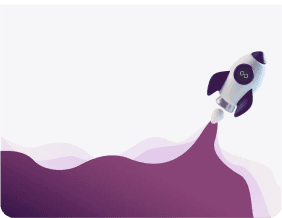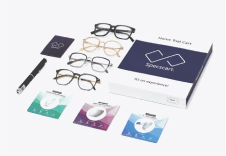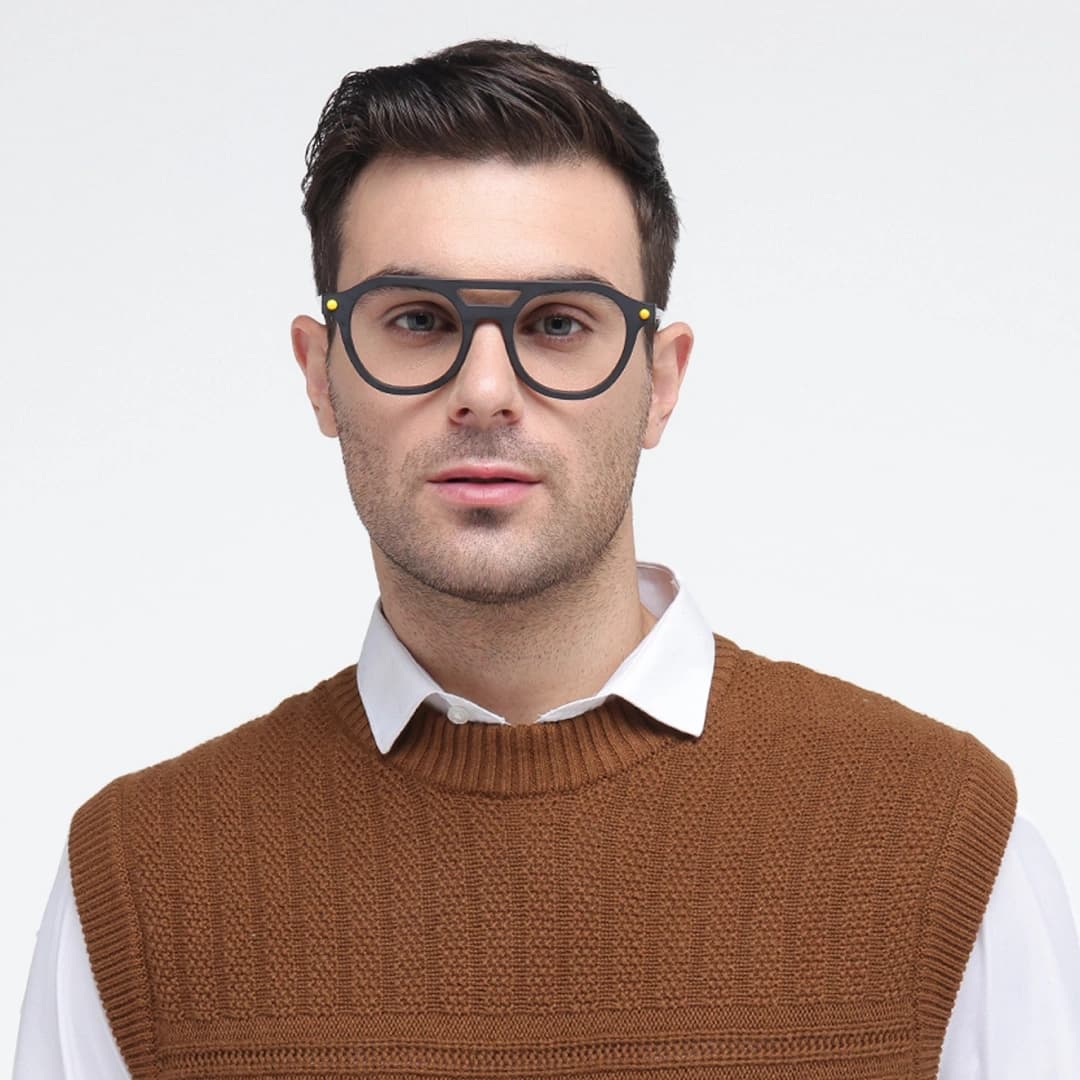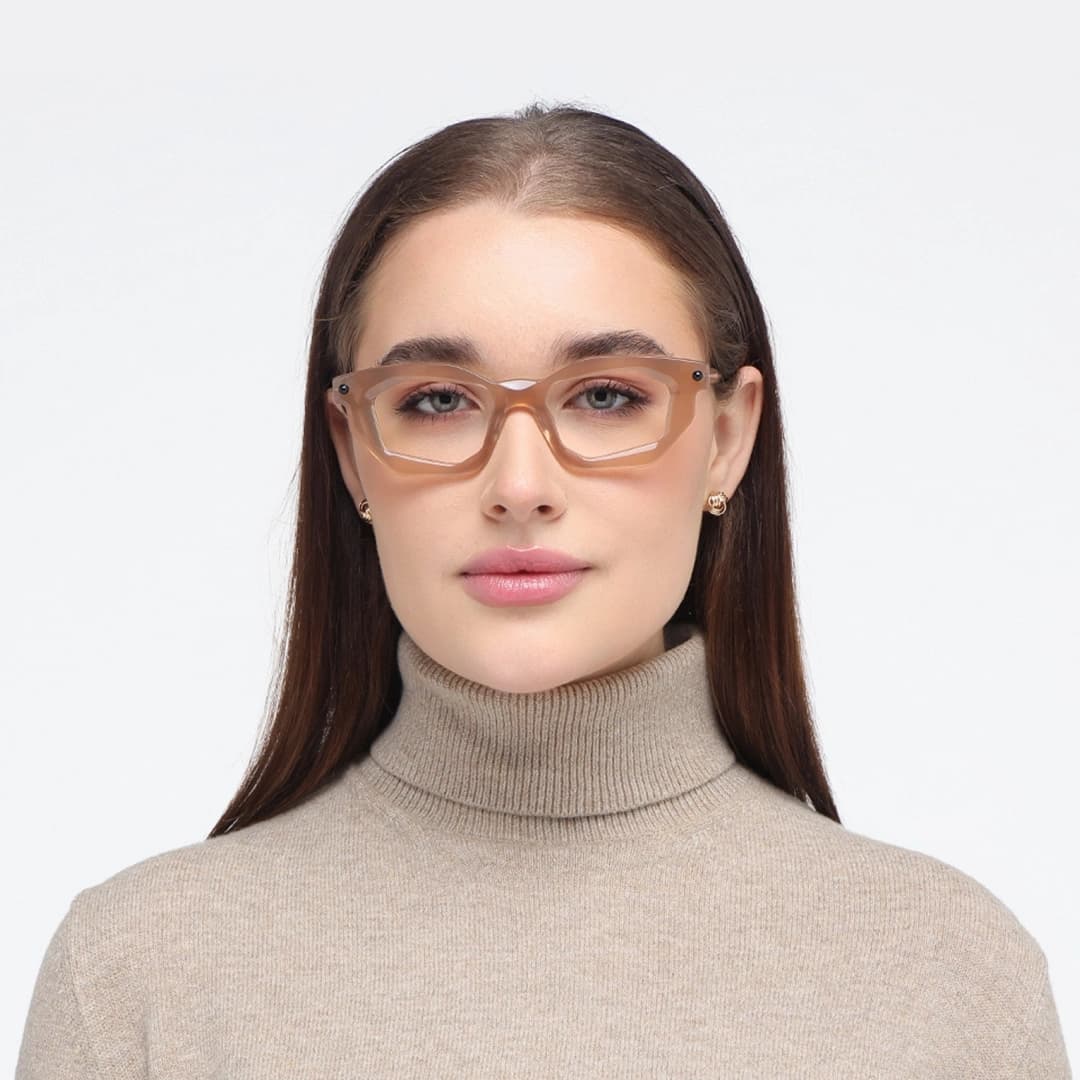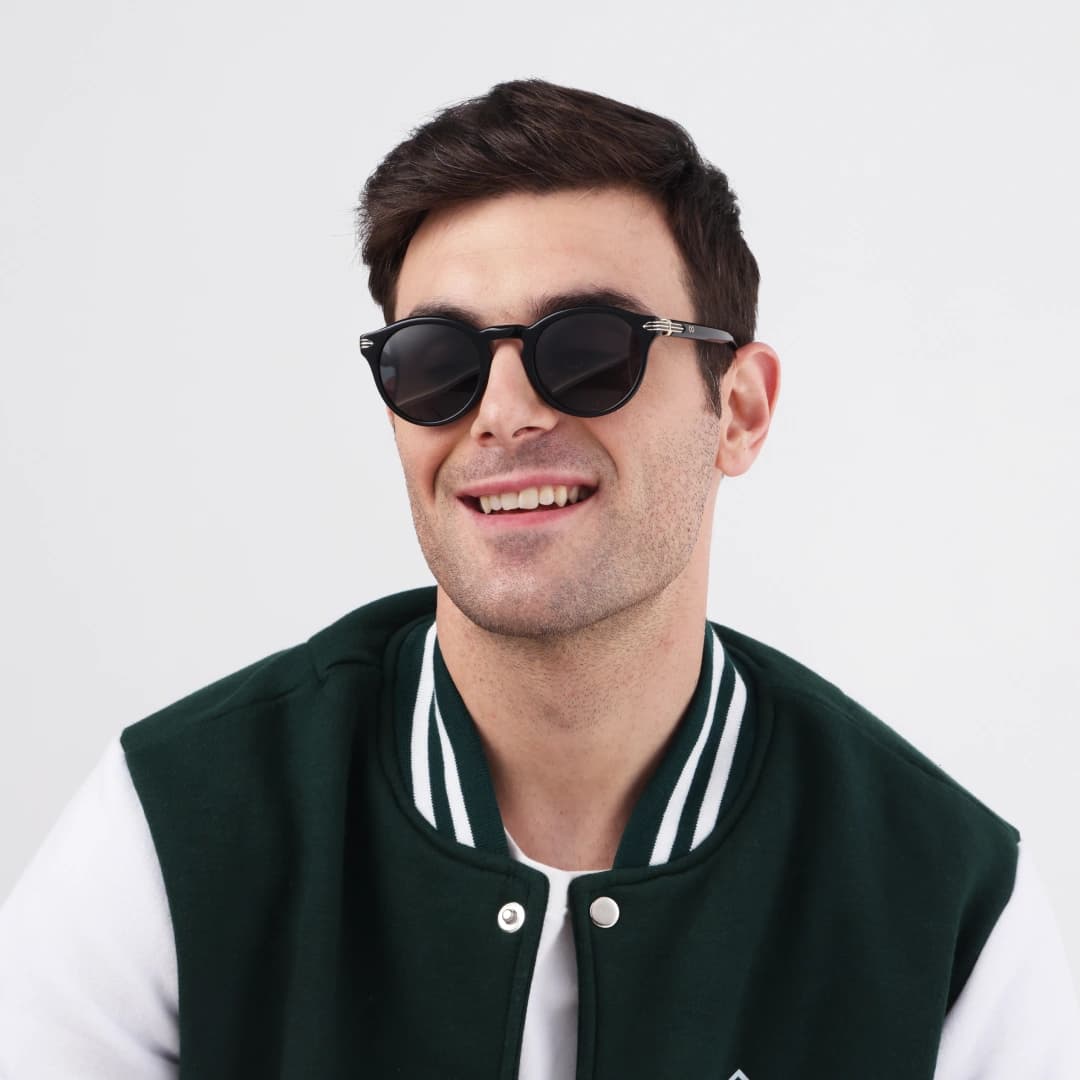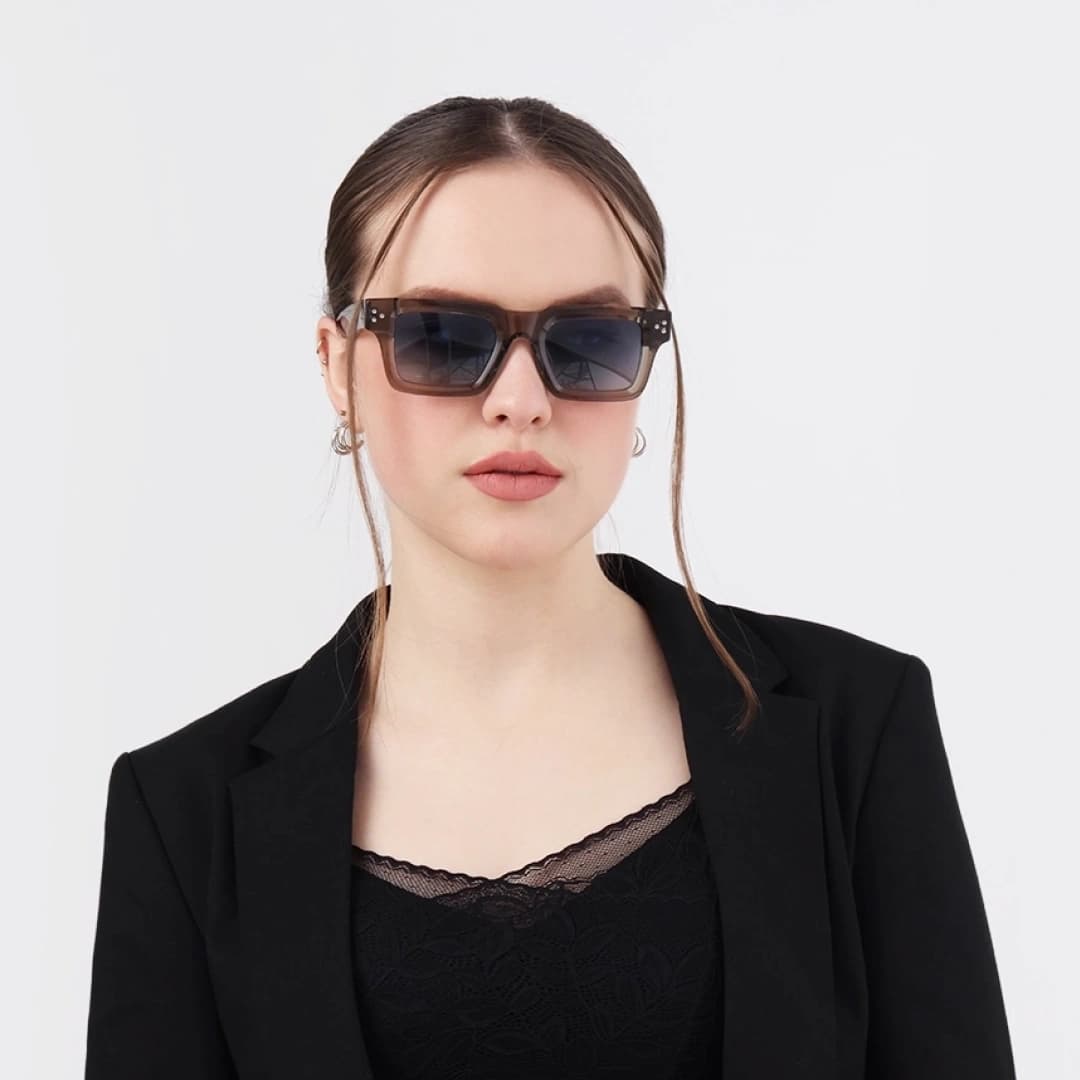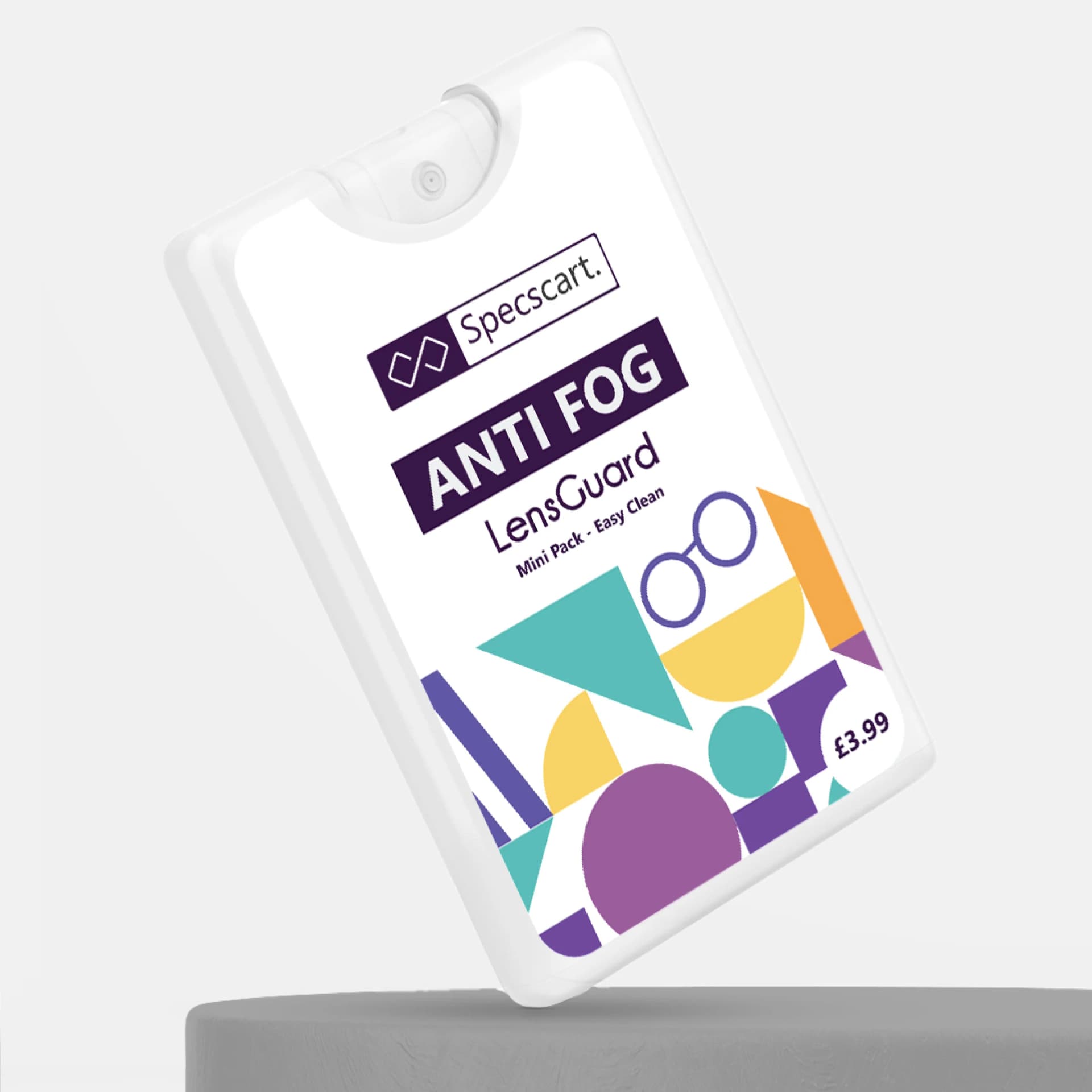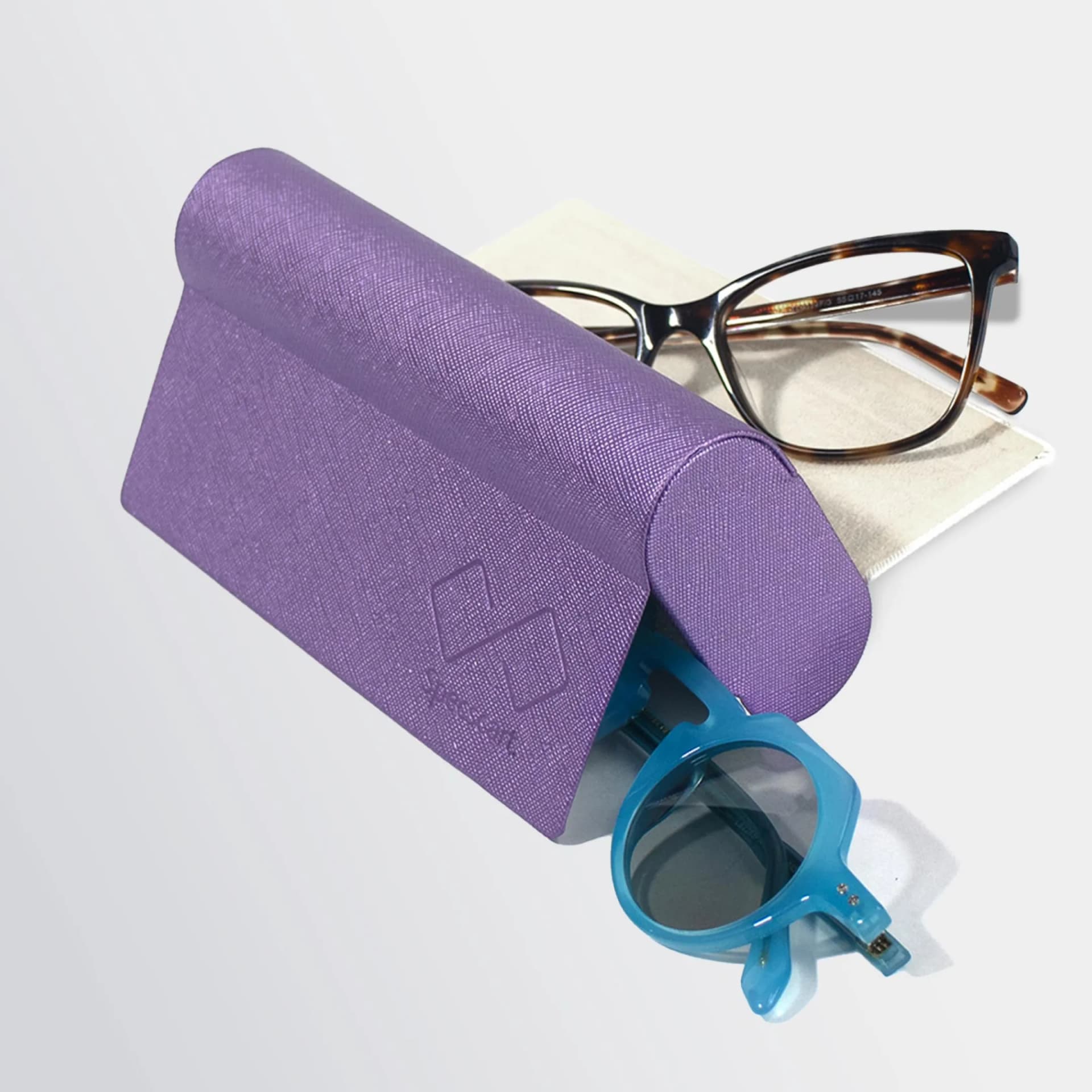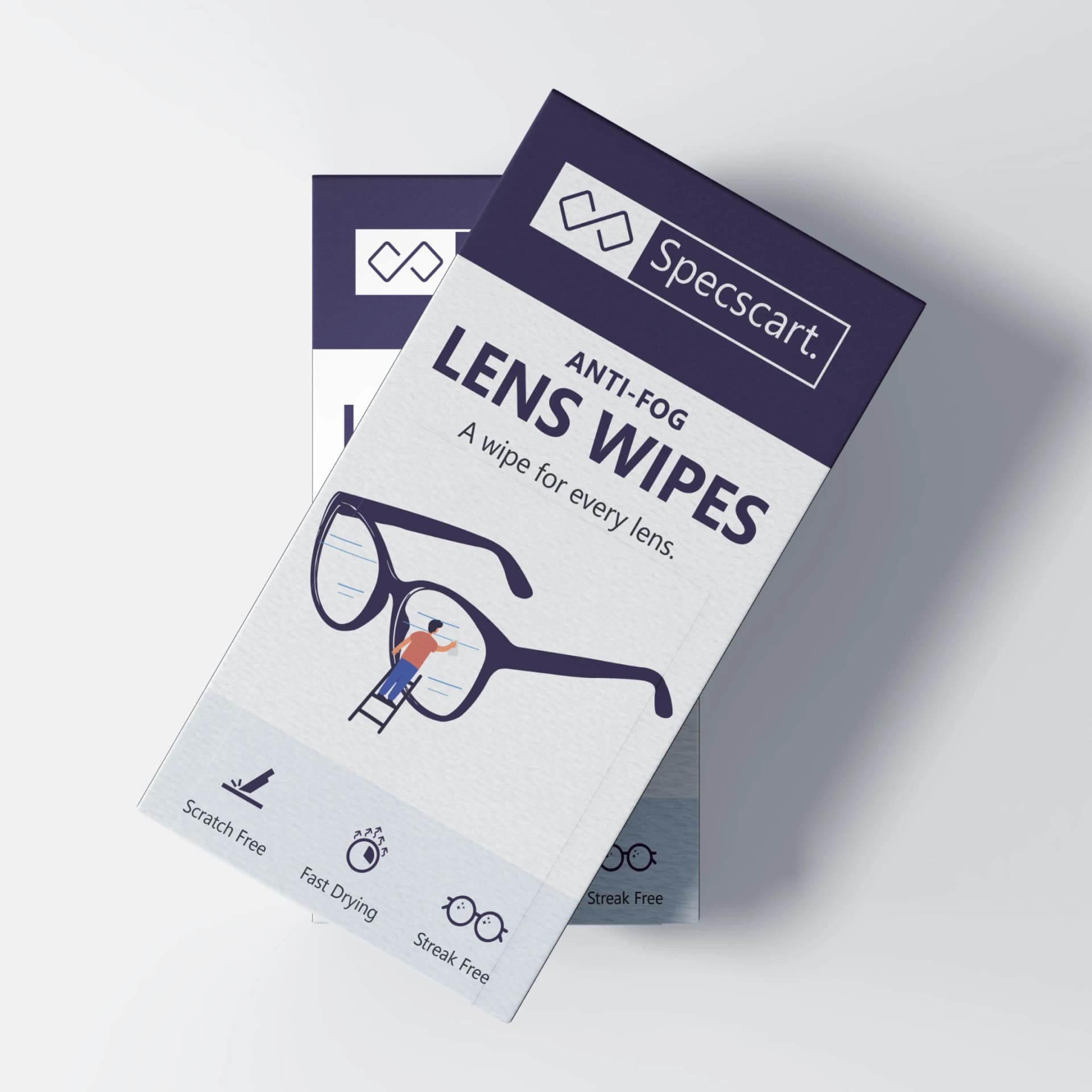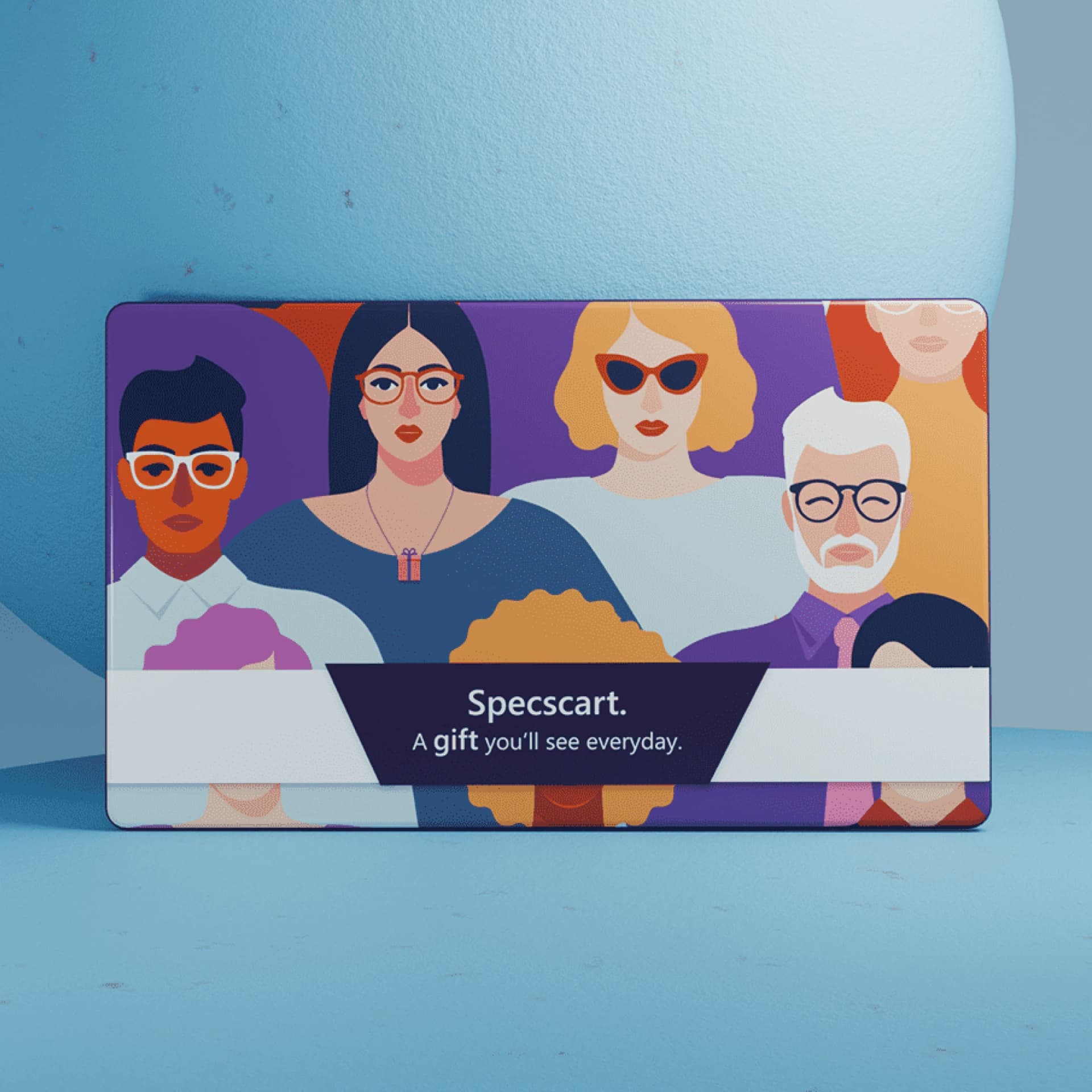How Blue Light Affects Your Sleep - All You Need To Know

Content Manager
Sleeping is one of the most crucial things we can do for our health, as we all know. It enables us to re-energize, renew our thinking, and prepare for the upcoming day.
However, the development of technology in recent years has had a huge impact on our sleep cycles, with blue light being one of the main offenders. This blog will cover how blue light impacts sleep as well as suggestions for bettering sleep hygiene.
What is Blue Light?
What precisely is blue light, first of all? Digital devices including smartphones, tablets, computers, and televisions emit a particular kind of light called blue light. Additionally, it can be found in sunlight. Due to its short wavelength, blue light has a larger energy output than other colours of light. Because of this, it may seriously harm our sleep patterns.
How Does Blue Light Affect Sleep?
Our sleep habits are impacted by blue light in a variety of ways. The most crucial of these is that it interferes with our body's normal circadian rhythm, which controls our sleep-wake cycle. Blue light exposure in the evening might delay the production of the melatonin hormone, making it more difficult for humans to fall asleep. This is because blue light prevents the brain from producing melatonin.
Blue light also influences sleep by reducing the amount of deep sleep we experience. The most rejuvenating stage of the sleep cycle, deep sleep is essential for both our physical and mental well-being. The amount of deep sleep we get can be decreased by blue light exposure, which might make us feel drowsy and exhausted in the morning.
Finally, blue light exposure at night may enhance attentiveness, which makes it more difficult for us to rest and unwind before bed. This may make it hard to fall asleep, which may set off a vicious cycle of sleep deprivation.
What To Do For Reducing Blue Light Exposure?
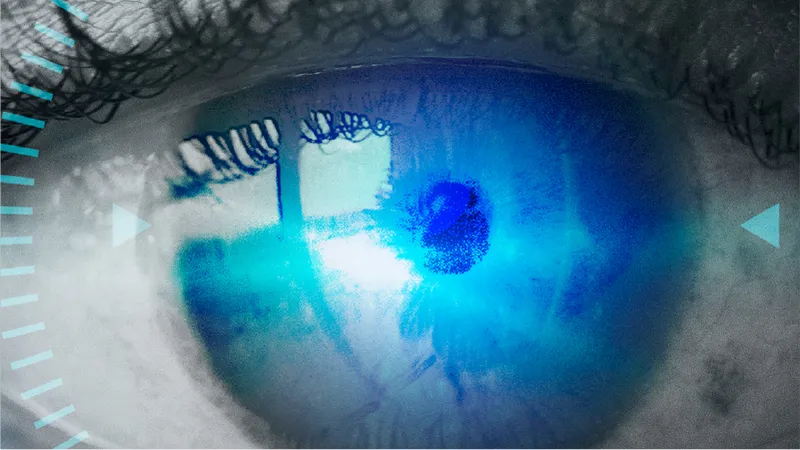
Fortunately, there are several things you can do to reduce your exposure to blue light and improve your sleep hygiene. Here are some tips:
Use blue light blocking glasses
Blue light protection glasses are specially designed glasses that can help to reduce the amount of blue light that reaches your eyes. They work by filtering out blue light wavelengths, allowing you to use electronic devices without disrupting your circadian rhythm. You can find these glasses at most eyewear stores or online.
Turn off electronics before bed
Another way to reduce your exposure to blue light is to turn off electronic devices at least an hour before bed. This will give your brain time to adjust to the natural light levels in your environment, making it easier for you to fall asleep.
Use the Night Shift or Blue Light Filter feature on your devices
Many electronic devices now come with a Night Shift or Blue Light Filter feature that can help to reduce the amount of blue light emitted. These features can be found in the settings menu of most devices, and they work by adjusting the colour temperature of the display to a warmer, more yellow hue.
Install blackout curtains
Blackout curtains are an effective way to reduce the amount of light that enters your bedroom at night. They work by blocking out external sources of light, including streetlights and car headlights, and can create a dark and peaceful environment that is conducive to sleep.
Use a red night light
If you need a light source in your bedroom at night, consider using a red night light. Red light has a longer wavelength than blue light, which means it has less energy and is less likely to disrupt your circadian rhythm.
Final Words
In conclusion, blue light is one of the biggest culprits when it comes to disrupted sleep patterns. Exposure to blue light at night can inhibit the production of the sleep-inducing hormone melatonin, decrease the amount of deep sleep we get, and increase our alertness, making it harder for us to fall asleep.
However, there are several things you can do to reduce your exposure to blue light and improve your sleep hygiene, such as using blue light blocking glasses, turning off electronics before bed, using the Night Shift or Blue Light Filter feature on your devices, installing blackout curtains, and using a red night light.
By taking these steps, you can improve the quality of your sleep, feel more rested, and improve your overall health and well-being. So the next time you find yourself scrolling through your phone late at night, remember the impact that blue light can have on your sleep, and take steps to reduce your exposure. Your body (and your brain) will thank you for it.
Caution: You may become style obsessed
Your way finder
2000+ Trendy Styles

Fashion Forward Sunnies














